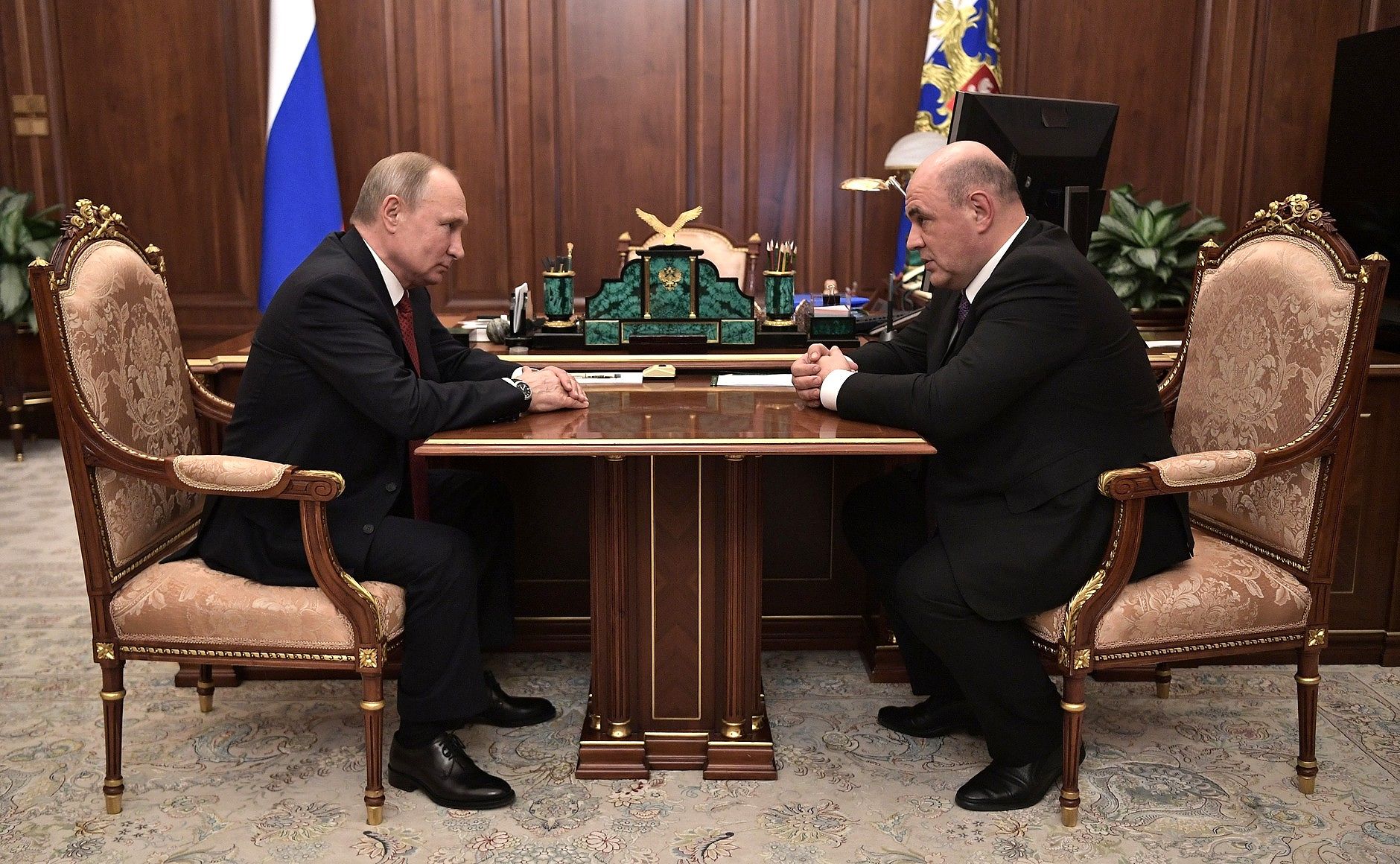Reconstruction of the Russian Government

Who is the new prime minister?
Mishustin is an economist who between 2010 and this week was the head of the FTS. In 1999-2004, he was the deputy minister of taxes and fees. He enjoys the trust of Russia’s power elite, who consider him to be an effective reformer of the tax system, thanks to which it was possible to increase the revenues of the state budget. In his career, in addition to state-owned entities, he ran his own businesses, first in the computer industry and then in investments. Mishustin is not affiliated with any political faction and President Putin will remain the main crafter of state policy.
What are the goals of the new government?
The change of prime minister appears to be intended to improve the falling ratings of the government. According to polls in 2019, about 60% of respondents did not trust Medvedev and judged his work as poor. The low ratings resulted from the government’s consistent raising of the retirement age and the decreasing real incomes of Russians, which have been falling continuously for six years. The appointment of Mishustin will most likely mean a correction in economic policy with a goal of the new government to further tighten the tax system and improve macroeconomic indicators. Putin will expect the new PM to implement social policy as he calls for it. Moreover, the changes in the government should be considered in the context of preparations for next year’s parliamentary elections and the goal of increasing the popularity of the ruling party, United Russia.
What is the context of the reshuffle?
The reconstruction of the government, together with increasing the competences of both houses of parliament and the entering into the constitution of the Council of State, announced by Putin, indicate that a period of modification of Russia’s power structures has been launched, including the proposed political changes. It cannot be excluded that the Council may receive additional powers and in the future become even an institution supervising other state organs. After the end of his presidential term (the context of his statement suggests that he is not planning to run again in 2024), Putin may remain the head of the Council. This would give him the opportunity to continue exercising power (a similar transformation took place in Kazakhstan). Medvedev will also remain in the power elite, evidenced by his nomination to a position created for him of vice-president of the State Security Council, an advisory body of the President of the Russian Federation, while maintaining his position as the chairman of United Russia.
How will the changes affect Russian foreign policy?
The change of cabinet will not affect the implementation of Russian foreign policy goals, such as maintaining influence in most of the post-Soviet space and strengthening Russia’s position as a key player in the international arena.
Russia will continue its current policies towards Belarus and Ukraine and will continue to be actively involved in political processes in the Middle East and North Africa, especially in Syria and Libya.
The reconstruction of the government also will not affect Russia’s current historical revisionism regarding World War II, part of a larger information warfare campaign, against, among others, Poland.


